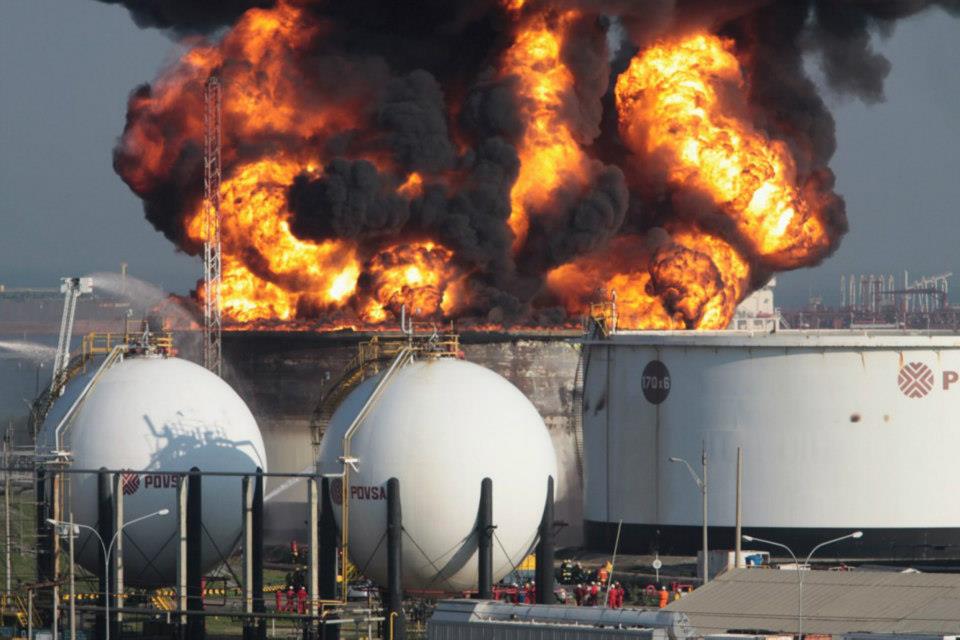So often than not, the economic fate of nations are determined by few factors: exchange commodity, its population, visitors to its tourist sites, among others.
For some other nations, usually the developed or advanced ones, quite a number of items come into play: well-diversified economic base, vibrant manufacturing industries, services and a proud balance of trade figure.
These developed nations care less about what foreign exchange earner goes up or plummets.
In fact, they game at that level of economic independence is ‘world dominance’.
Such countries include the United States, Russia, Canada, and although is still classified a developing nation mainly because of its proportionately high population living in poverty – China could well be said to belong to that class.
However, the same cannot be said for the likes of Nigeria, Saudi Arabia (despite its enormous financial wealth), and Ghana who recently joined the ranks of Oil exporting nations – with crude oil as its third highest export earner after gold and cocoa.
Now, on Monday 15th May, 2017 ahead of the meeting of the Organization of Petroleum exporting countries, Saudi Arabia and Russia, the world’s two top oil producers, agreed on Monday to extend oil output cuts for a further nine months until March 2018 to rein in a global crude glut, pushing up prices.
The disclosure which was rather profound, while obviously setting the main agenda for the forthcoming official OPEC meeting, is expected to force OPEC members and producers who participated in the initial round of cuts to comply.
In a joint statement issued after an earlier meeting yesterday, Saudi energy minister Khalid al-Falih and his Russian counterpart Alexander Novak said they both agreed to prolong an existing deal until March next year.
Mr. Khalid al-Falih said, ““There has been a marked reduction to the inventories, but we’re not where we want to be in reaching the five-year average.â€
Adding that they have “come to conclusion that the agreement needs to be extended.â€
To the general public, especially in Nigeria and Ghana, this is perhaps one of the best news hitting the countries this season.
With Nigeria, emerging from about the worst recession in its economic history and Ghana with a pile of capital projects or proposed massive investment that badly needs financing: a rise in global oil prices would mean both nations are in for a cash boom – at least till March 2018.
Â





